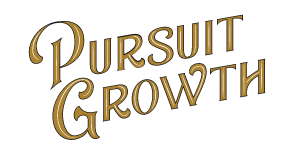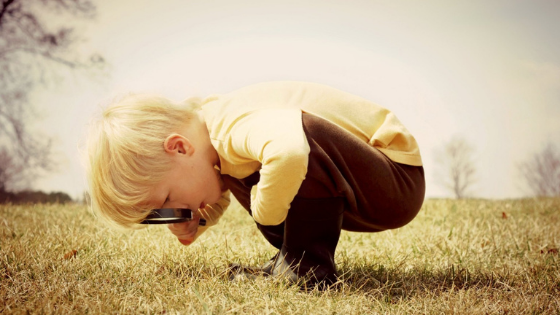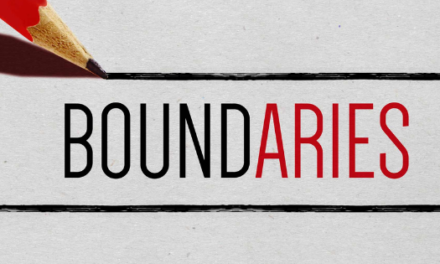Our minds are constantly making assumptions, judgements, and looking for patterns. This is not an inherently bad trait – it helps to keep us safe and helps us make wise decisions each day. For instance, if an individual walks into a bank with a ski mask and a gun in his hand, we will quickly form a judgement based on their appearance that the individual and the situation are dangerous. However, these same tendencies may not serve us well in many circumstances. The narratives we form in social situations are often filled with bias, can be self-destructive, or can result in hurting other people.
We especially form critical, fear based, or angry judgements when we encounter people who are different than ourselves. This takes place through social media, printed opinion pieces, radio shows, television, news media, and in person through day-to-day encounters.
Instead on falling into negative assumptions, judgements, or feeling threatened when we encounter people who are from a different culture, live with different morals, promote a different political ideology, disagree with our values, or do not agree with our opinions, what if we got curious?
What if we asked sincere questions to learn why people feel a certain way? What if we asked questions to learn how people came to certain conclusions? What if we asked questions to learn why people are angry, frightened, or frustrated with our beliefs? What if we questioned ourselves to understand why we think, feel, act, and live the way we do? What if we asked enough questions to understand the primary motivation of other people’s “why?”
Be curious when judgmental. Be curious, not overly opinionated. Be curious, not vengeful. Be curious, not stubborn. Be curious, not offended. Our angry, frustrated, critical, and harsh judgements do nothing to improve a circumstance or influence someone to take our point of view. However, curiosity and kindness build trust, open clear communication channels, and allow us to plant a seed – which over time, may bring upon the change we initially desired to see in the first place. Or, it may bring about a change in ourselves.
Live The Pursuit of Growth





